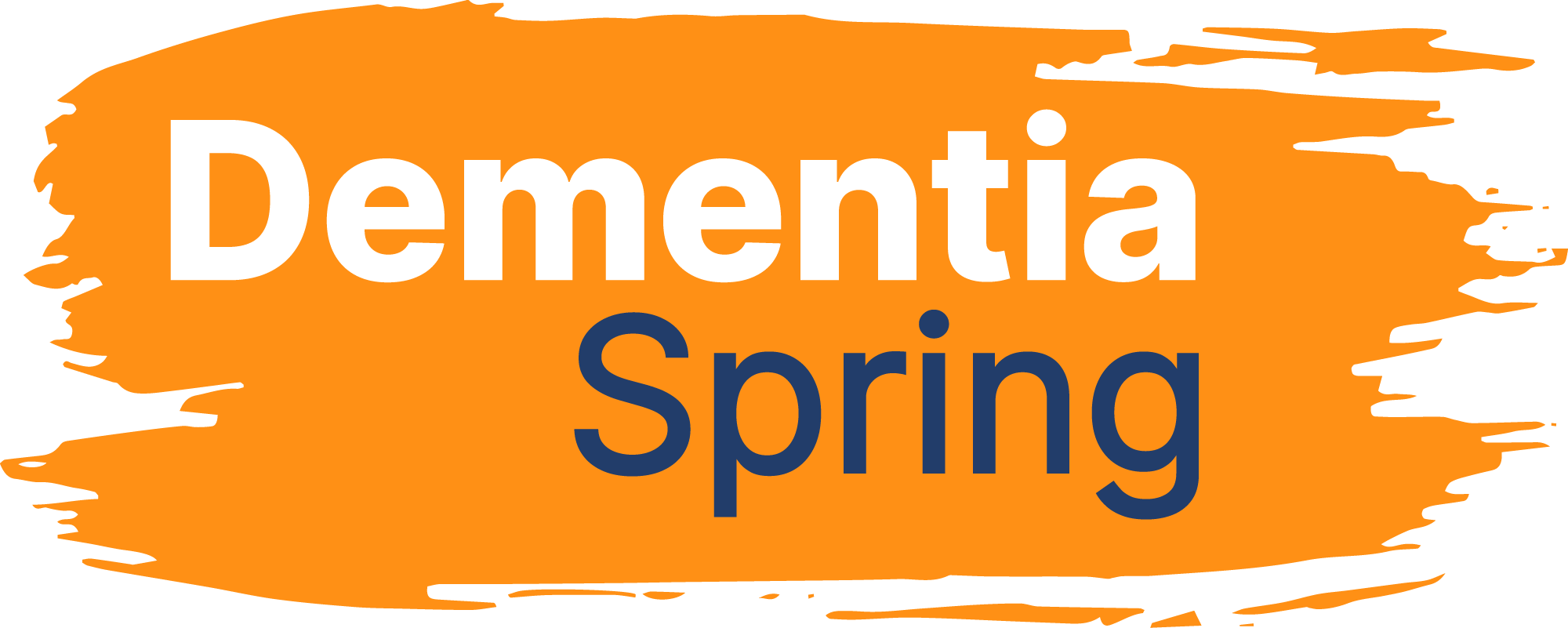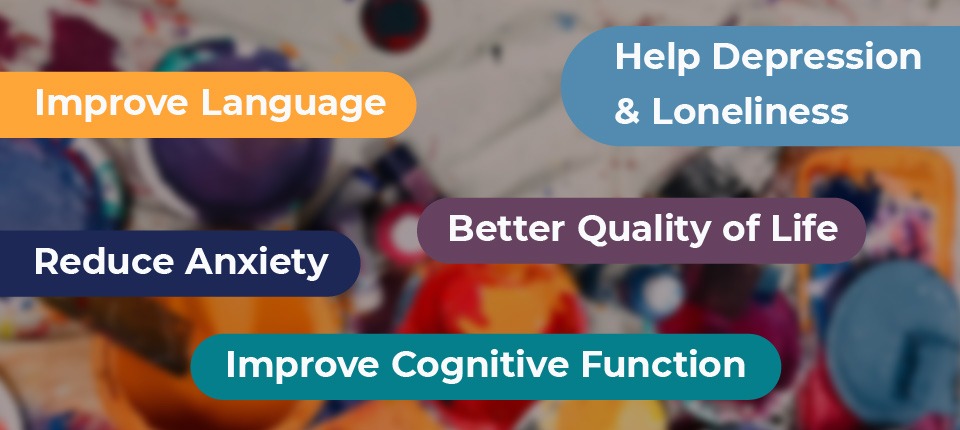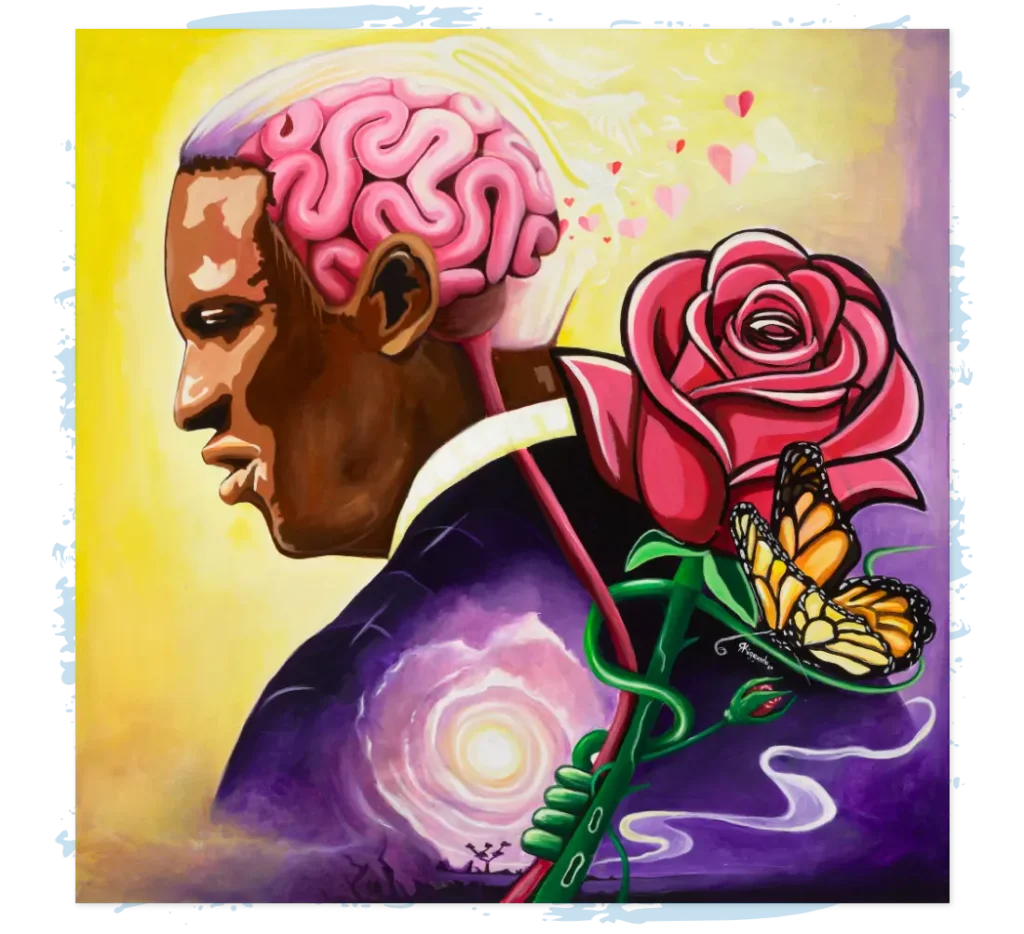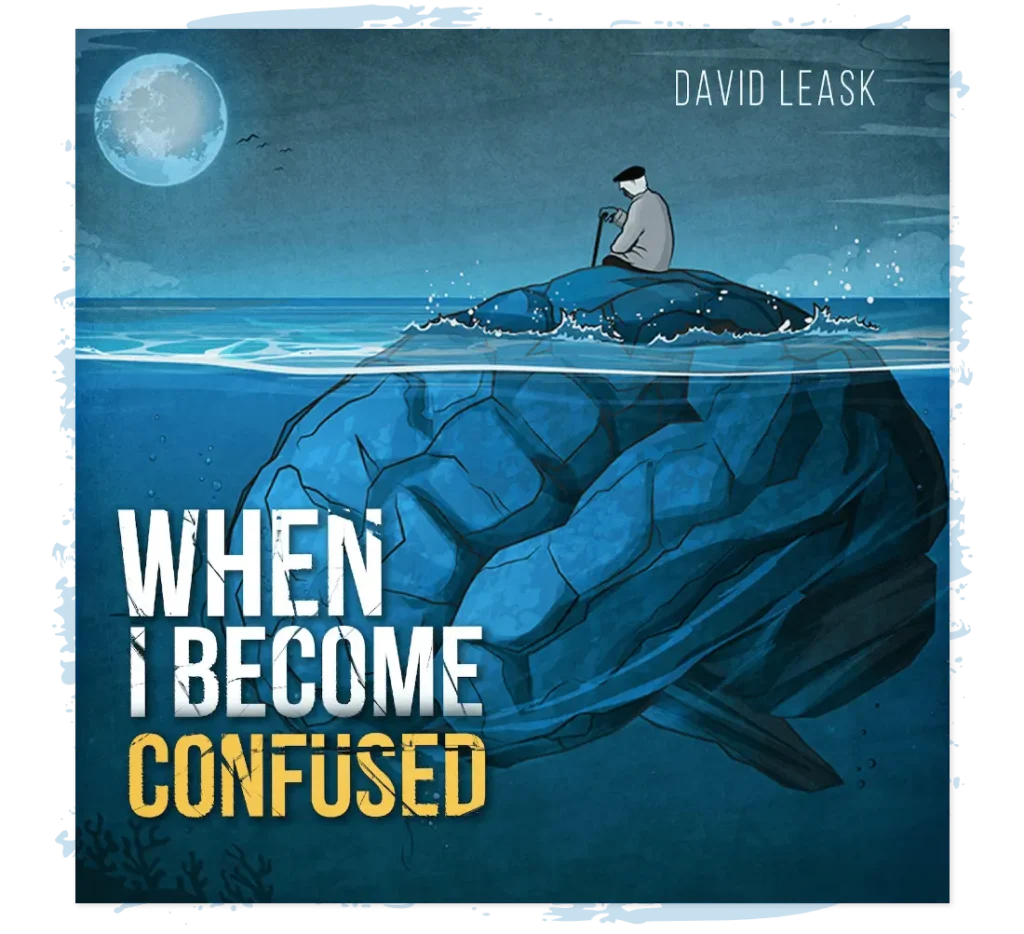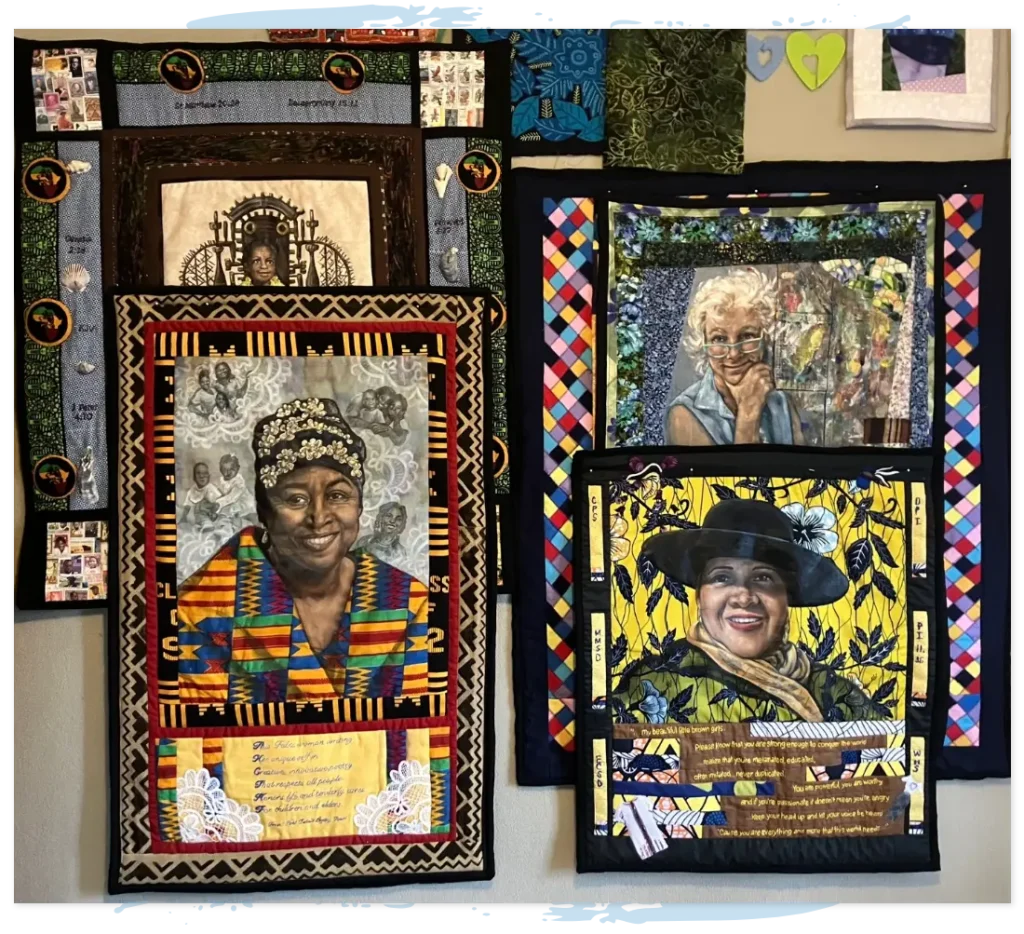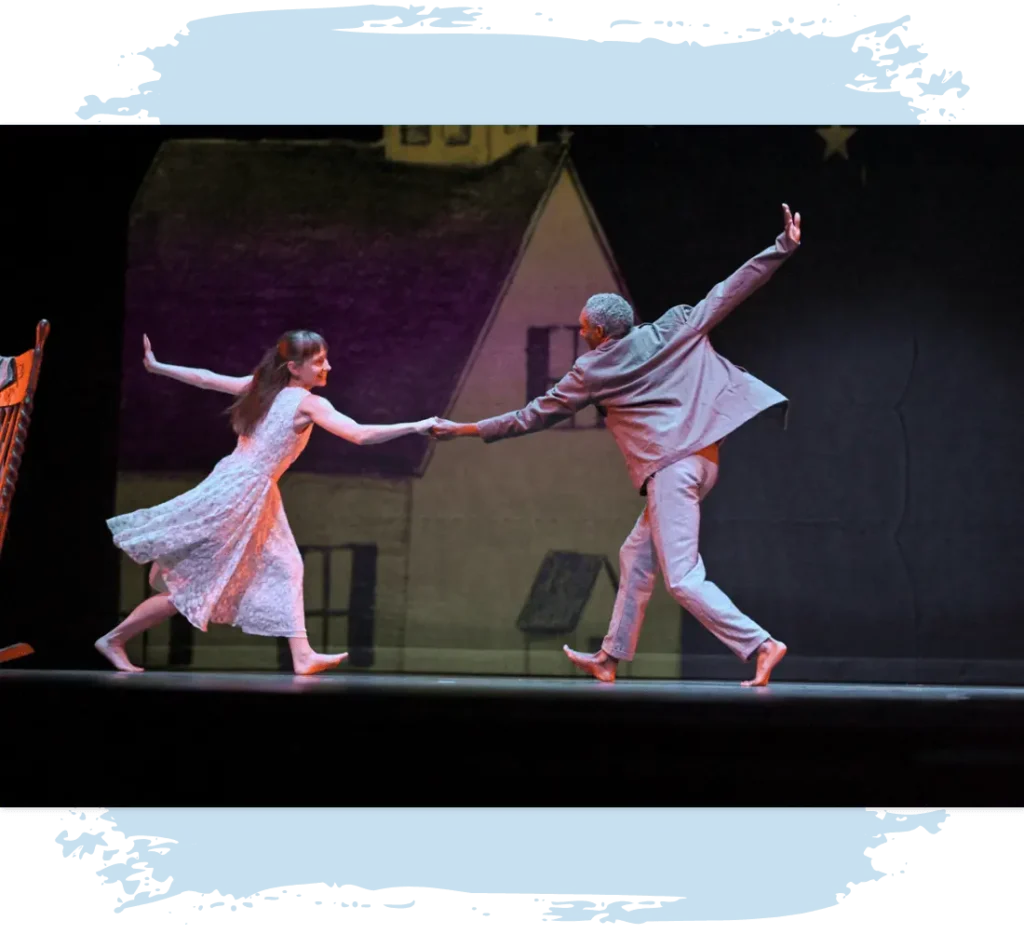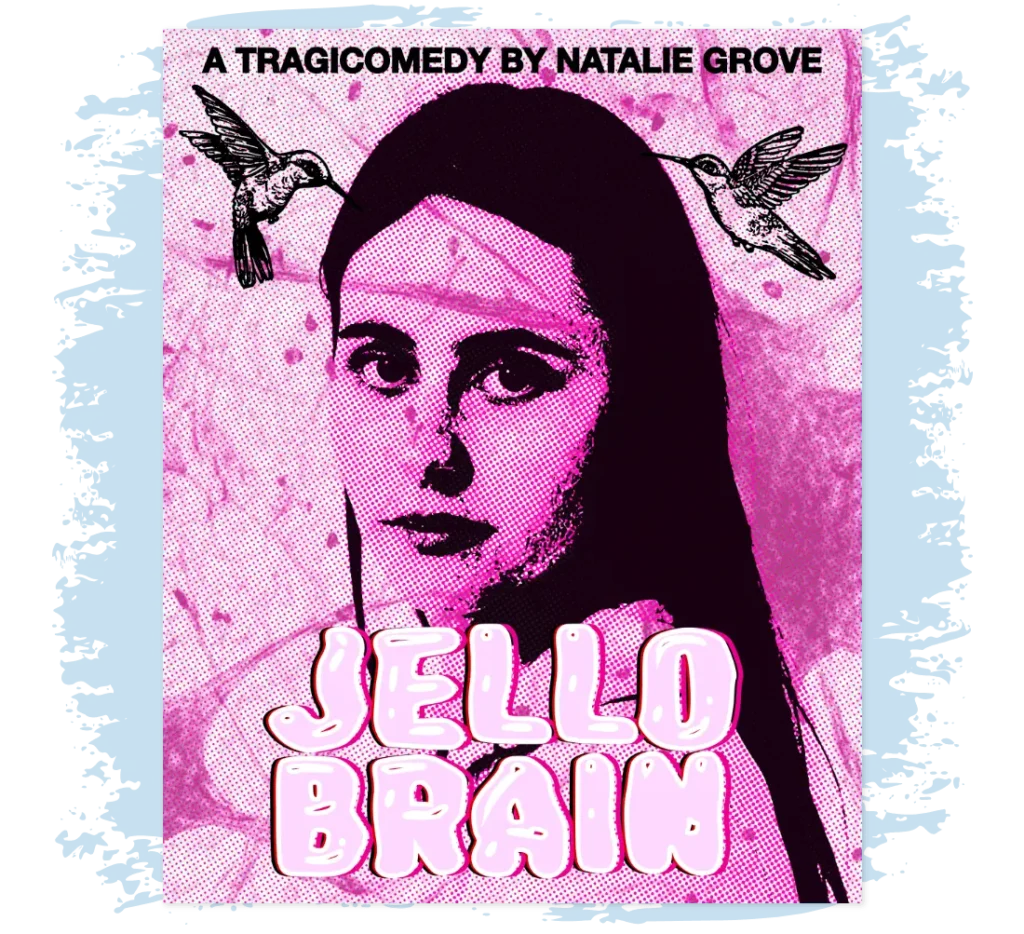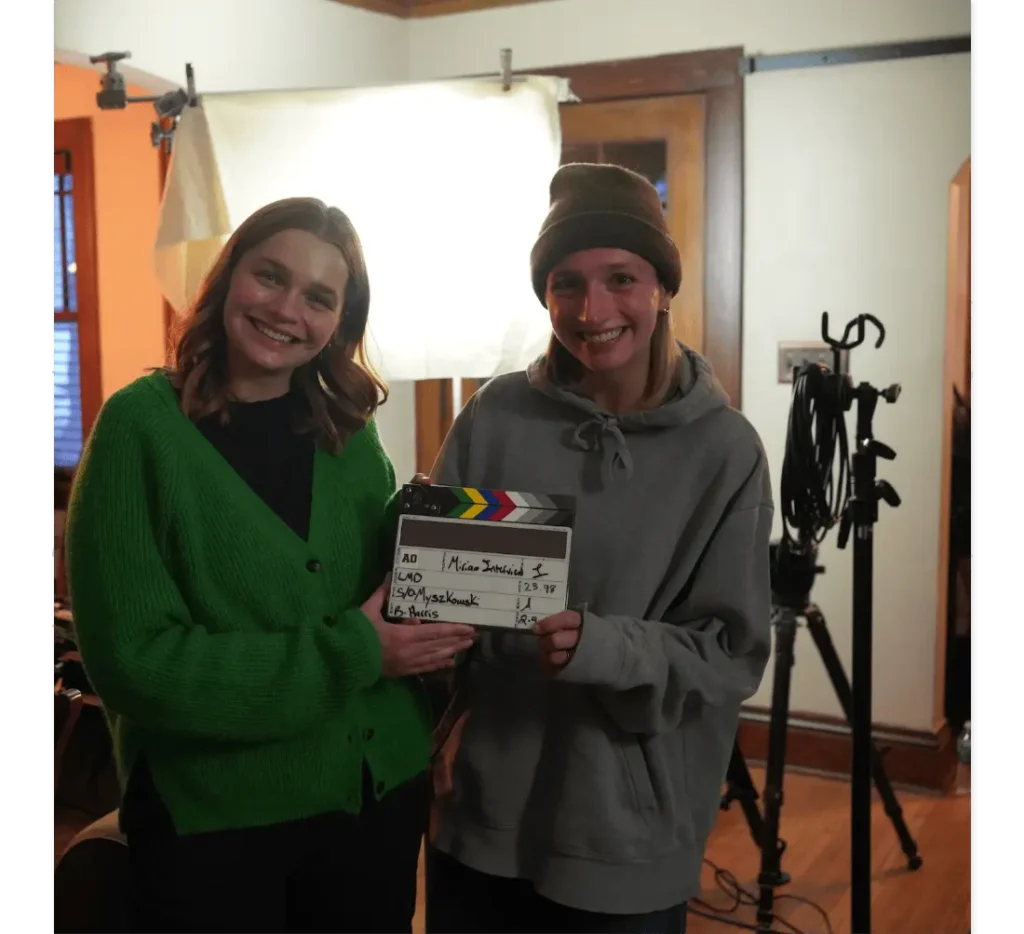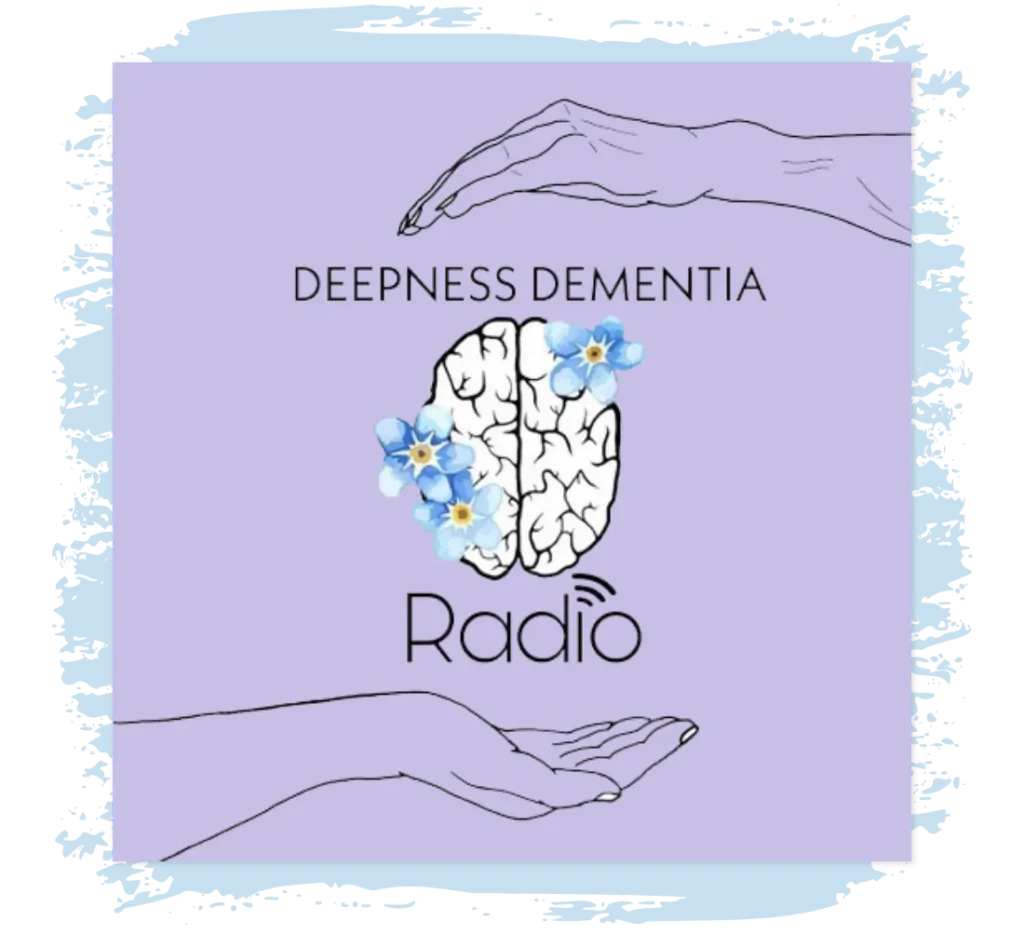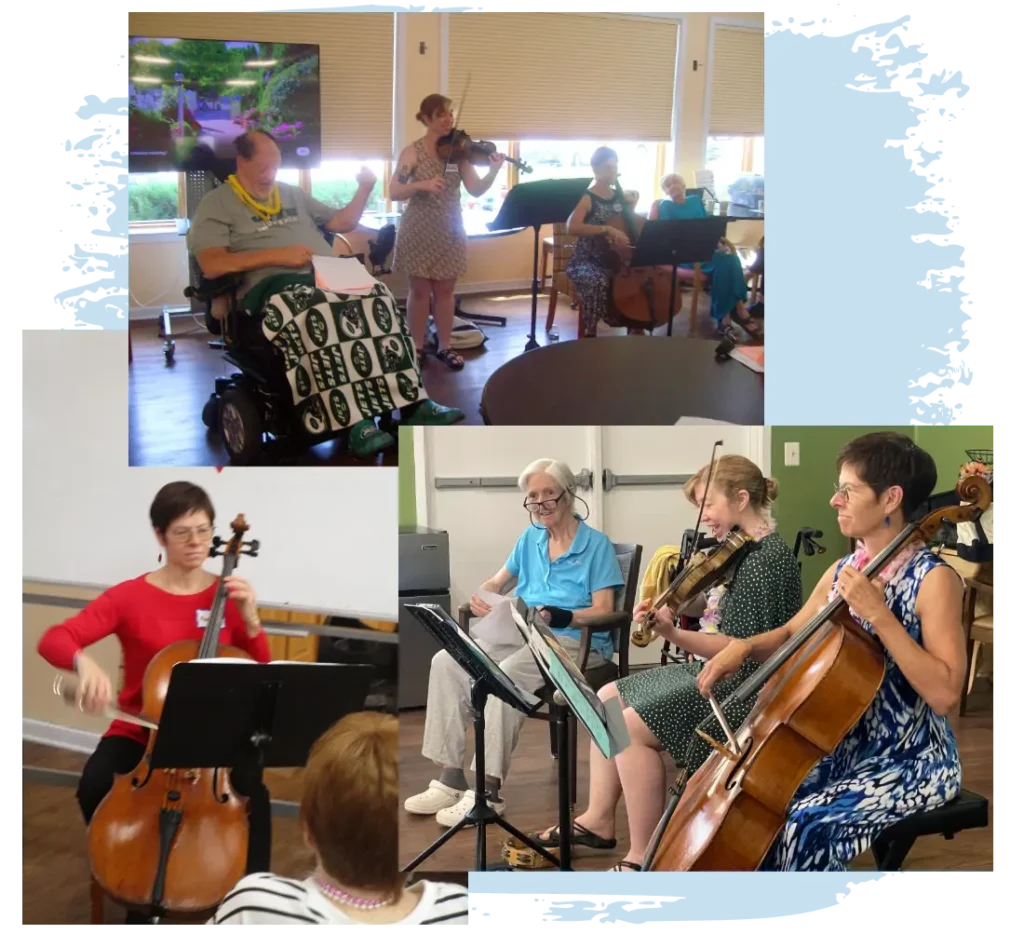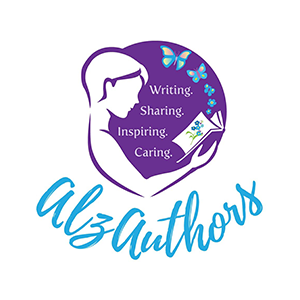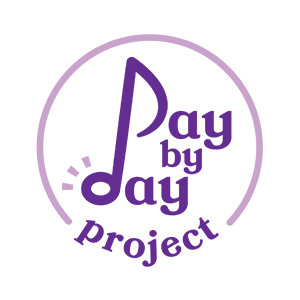Even if we were to find a magic pill for early dementia tomorrow – one that kept it from getting any worse – the issues of isolation, boredom and embarrassment wouldn’t just go away for those who experience memory loss in their personal lives. While medications are important, they are not the whole story. It’s equally important that we research and use evidence-based tools that engage, stimulate and improve the psychosocial and functional challenges of dementia as well.
In early 2021 a small, well-designed clinical trial was done by a group of geriatric nurses in China on the feasibility and benefits of expressive arts therapy (EAT) for people with mild cognitive impairment (MCI). Their results were published in the journal Geriatric Nursing. They found that a well-structured series of arts therapy interventions – including drawing, painting, ceramics, reminiscence, and group interactions – reduced anxiety, depression and loneliness, improved quality of life, and showed a trend toward improved cognitive function and language over the course of the intervention.
While China is not unique, the sheer number of people and the trend towards fewer children (and fewer daughters in particular) make the coming wave of older adults with dementia a particularly daunting prospect in that country. Research has shown that the prevalence of MCI is much higher in China than in other developing countries – nearly 15% of those over 60 years old. That being said, there is a big push to find non-pharmacologic interventions that can help.
This study involved two groups: one who received interactive group art therapies twice a week for 6 weeks (12 sessions, between 60-90 minutes) versus a control group. In a recent article we talked about how the longer duration is important. Art therapies require a welcoming environment, some warm-up and a relaxed group to work successfully so in general, under 60 minutes doesn’t work too well.
After six weeks, they compared the groups on cognition, memory, language, anxiety, depression, function and satisfaction with the therapy. They found notable and significant differences between the groups in anxiety, depressive symptoms and psychosocial domains – all of which improved after the intervention. Cognition and attention improved after the intervention as well, but there was no difference between the groups. Satisfaction was high and participants seemed to really enjoy being with others. Only three people dropped out, two for unrelated health reasons. There were no adverse events like falls, injury or aggression between study subjects.
One of the best things about non-pharmacologic interventions is that they are essentially harmless: they don’t cause any of the common side-effects of medications used by older adults such as dizziness, lightheadedness, falls, nausea, nightmares or urinary problems. Their benefits help patients and families too. They also tend to be inexpensive. And now we know they can be very successful, impactful and sustainable.
I am looking forward to additional work by this group of passionate geriatric nurses, on a larger scale.
____
Yuan-jiao Yan, Rong Lin, Yi Zhou, Yu-ting Luo, Zhen-zhen Cai, Kai-yan Zhu, Hong Li,
Effects of expressive arts therapy in older adults with mild cognitive impairment: A pilot study,
Geriatric Nursing, Volume 42, Issue 1, 2021, Pages 129-136, ISSN 0197-4572, https://doi.org/10.1016/j.gerinurse.2020.11.011.
https://www.sciencedirect.com/science/article/pii/S0197457220303657#bib0007
Abstract: Expressive arts therapy (EAT) can potentially improve cognition and mental health in patients with dementia. However, limited studies have been conducted for older adults with mild cognitive impairment (MCI). The aim of this study was to examine the effects of EAT in older adults with MCI. A total of 48 participants with MCI were assigned to the EAT intervention (n = 24) or waiting list control (n = 24) group. The former received 60–90 min of EAT twice a week for 6 weeks. The findings showed that the EAT program had a high retention and attendance rate and a high level of general satisfaction. Moreover, the intervention group showed significant improvements in general cognitive function, language function, anxiety, depression, and the psychological and social relationship domains of quality of life. The results provide preliminary evidence for the feasibility and efficacy of EAT intervention in older adults with MCI.
Keywords: Cognitive function; Expressive arts therapy; Mild cognitive impairment; Psychological wellbeing
